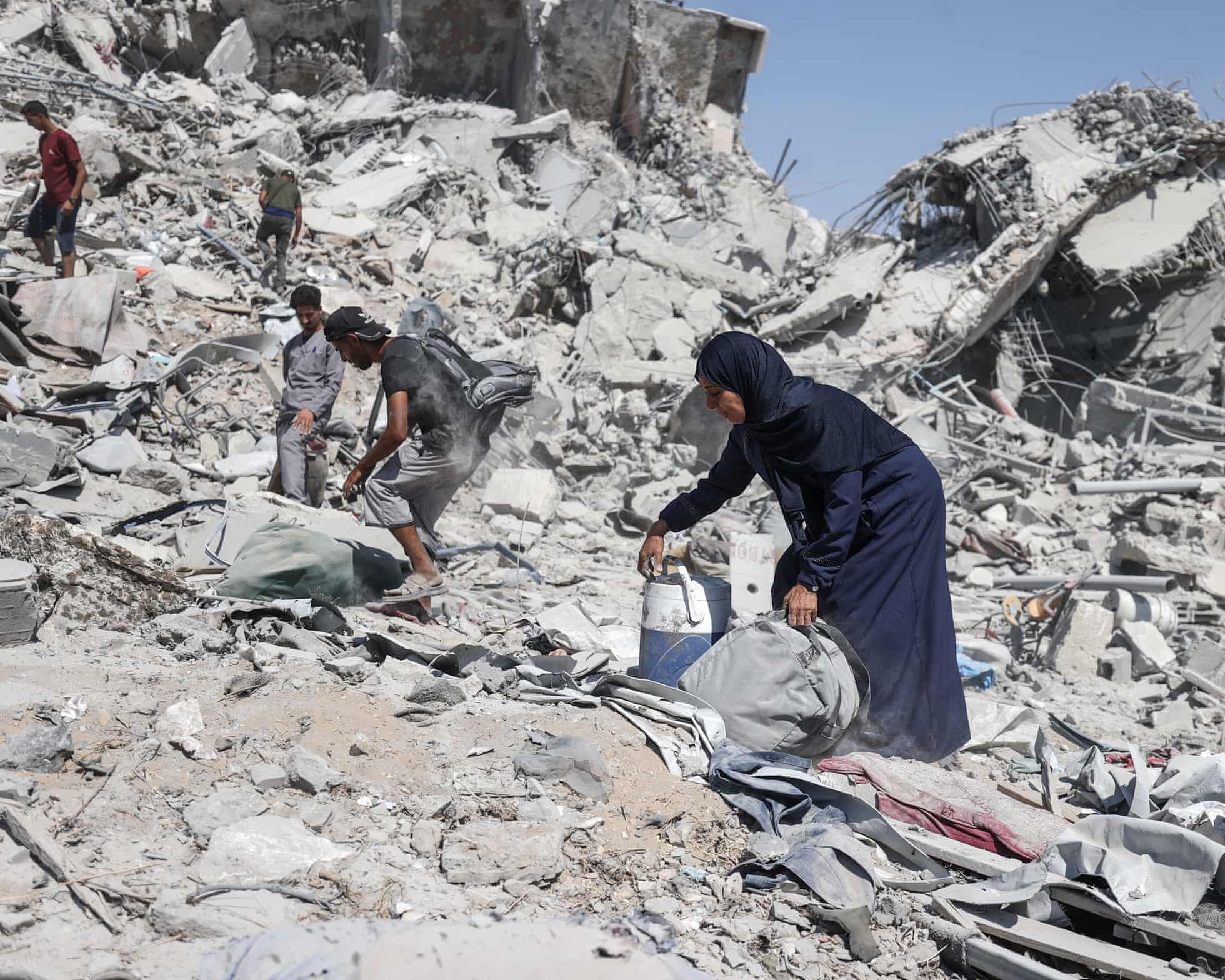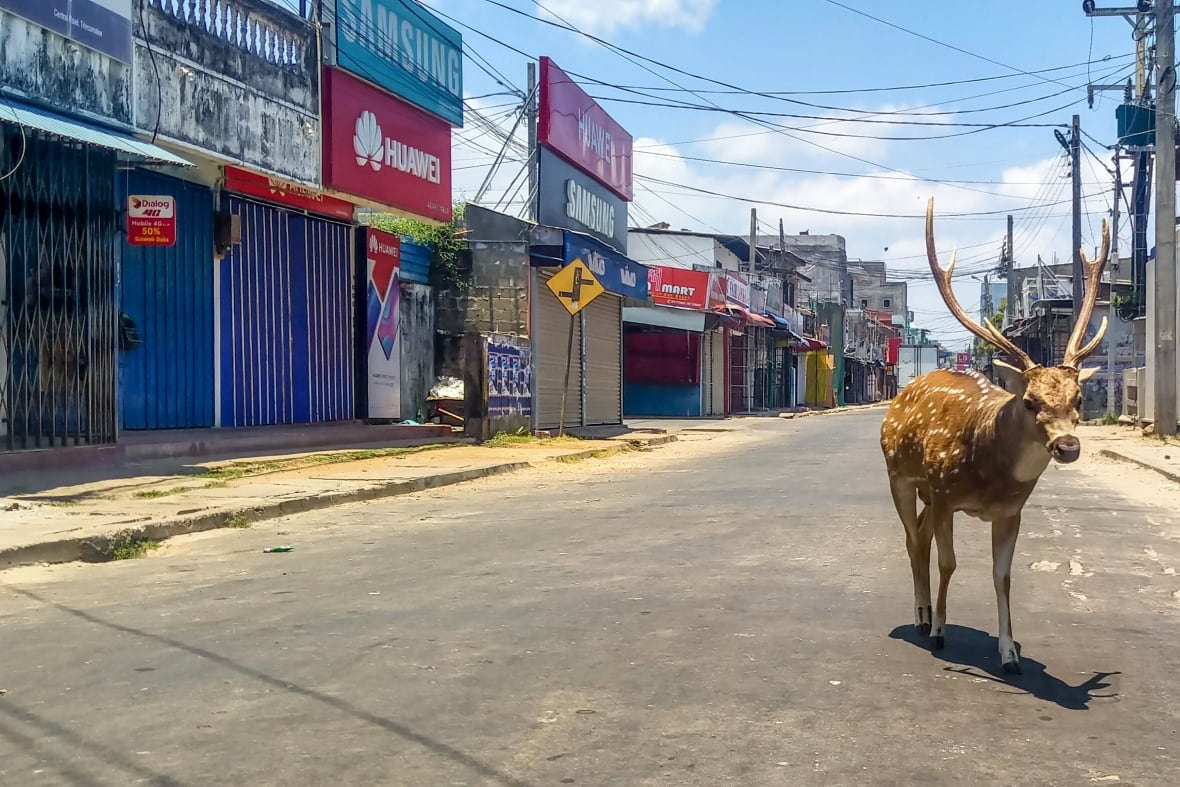Peace with Creation - Action, Activism & Prayer
 |
The 2025 Symbol for Creationtide is inspired by Isaiah 32:14-18. Titled ”Garden of Peace,” it depicts a white dove flying over a tree. The left side of the tree is barren, with roots digging into dry soil, surrounded by an arid, desolate landscape. In contrast, the right side of the tree is lush and green, standing amidst a flourishing landscape. The dove, carrying an olive branch in its beak, flies toward the right—symbolising peace as a transition from a war-torn, overexploited land to one that is fertile, thriving, and hospitable.
If we think of a theology of creation many of us might look back to the story of creation from Genesis and remember when God said
“Let us make humans in our image, according to our likeness, and let them have dominion over the fish of the sea and over the birds of the air and over the cattle and over all the wild animals of the earth and over every creeping thing that creeps upon the earth.” That’s it - humans are to rule the earth - simple. And sadly that has been interpreted to mean human’s can do what they want to the earth and all its creatures - to dominate them.
So what are we - kings or gardeners? The reason we have two creation stories at the beginning of Genesis is because we are to read one in light of the other - each story helps interpret the other one. Genesis 2 becomes a lens with which to read Genesis 1 and vice versa. This puts a very different light on our vocation as human beings.
The theme for the season of Creation in 2025 is Peace with Creation. The Hebrew word for peace is shalom. Often we define peace negatively -on a global scale as the absence of war, on a personal scale as the absence of anxiety. But the Hebrew word for peace is Shalom and it implies wholeness and completeness as well as peace. A similar idea is found in the vision of ACW and adopted across the Waiapu Diocese is Te Oranga Ake - flourishing together.”
The reading from Isaiah begins after something has happened - something which has left their
formerly populous city deserted. We see pictures on our TVs & in the newspapers of cities
“the hill and the watchtower
will become dens forever,
the joy of wild asses,
a pasture for flocks;”
the picture painted by the writer is double edged - seeing a deserted city with of animals wandering through it can for us just heighten that sense of destruction… but interestingly he calls it the joy of wild asses. Sometimes what we see as harmful, other creatures see as beneficial.
some places wild animals were found roaming the streets in the absence of the humans. We saw pictures of water which had been polluted now pristine and clear around Venice … As we moved back from our constant activity and consumption creation got a rest, creation was at peace. Some of us hoped that this lesson would inspire change once the lockdown was over but it was all too soon forgotten.
Overall in the beginning of this Isaiah passage, there is a sense of destruction - the people have not followed the word of God and are no longer in right relationship with God - and in scripture right relationship with God, others and the environment are inextricably intertwined.
Our news is full of doom and when we watch it - it is easy to feel hopeless and helpless.
But in scripture, in the many passages of Lament - there is always hope. There is a tension between judgement and hope. When Israel saw things going wrong it was often portrayed as judgement but these same events can simply be seen as consequences. Israel was given teaching on how to treat others and how to care for the environment. They were warned that things would go badly if they failed to heed these teachings and that is what they experienced. When we purchase a new appliance it comes with a list of instructions and the warranty doesn’t apply if we don’t follow the instructions when we are using it. The same goes for our society and our world.
Most of us can list the 10 commandments but we seem to forget others - like the first commandment to look after creation.
But we worship a saving redeeming God, not one who gave us the instructions and left us to it. And here in Isaiah God’s Spirit acts
“until a spirit from on high is poured out on us,
and the wilderness becomes a fruitful field,
and the fruitful field is deemed a forest.”
Devastated creation is being restored - it is a beautiful picture of renewal.
But once again a restored environment is linked with right relationships, with justice
“Then justice will dwell in the wilderness
and righteousness abide in the fruitful field.
The effect of righteousness will be peace,
and the result of righteousness, quietness and trust forever.”
All is well with the world. Remember that beautiful hymn whose words go back to that 14th century nun, Julian of Norwich
“ sin is inevitable, but all shall be well, and all shall be well, and all manner of thing shall be well.”
But that justice and righteousness and peace don’t happen by themselves. Going back to Genesis we were invited to be partners with God in caring for creation.
If there is to be peace with creation it depends also on us and the systems and nations we are a part of. Yes we need the government to have policies and laws about how we treat our environment and how to limit or even reverse global warming - we can sit back passively and wait for someone else to do it or we can be active - pushing, petitioning, protesting, demanding that Government and corporations do the right thing. We can and must be political. This involves choosing to vote for representatives who value God’s good creation.
But it’s not just about pushing for systemic change - it’s also about looking in the mirror, can I live in a way that makes peace with creation. Recycling, our carbon footprints, how we travel, what we eat, where we invest our money - all these things matter. Do we continue to buy into our consumerist culture and buy more stuff, do we buy stuff which is cheaper but which has a bigger environmental cost? How can we avoid more food waste? These are things which we can continually improve in our individual lives. These are values which need to be part of our church decision-making.
Finally, we can pray - for ourselves, our church, our community, our society, our nation and our world. Pray that we will be challenged and make the changes needed. As we work with God, as co-rulers of our world, caring for, nurturing, and sustaining our world, we have hope we will see righteousness, justice and peace with creation.





Comments
Post a Comment